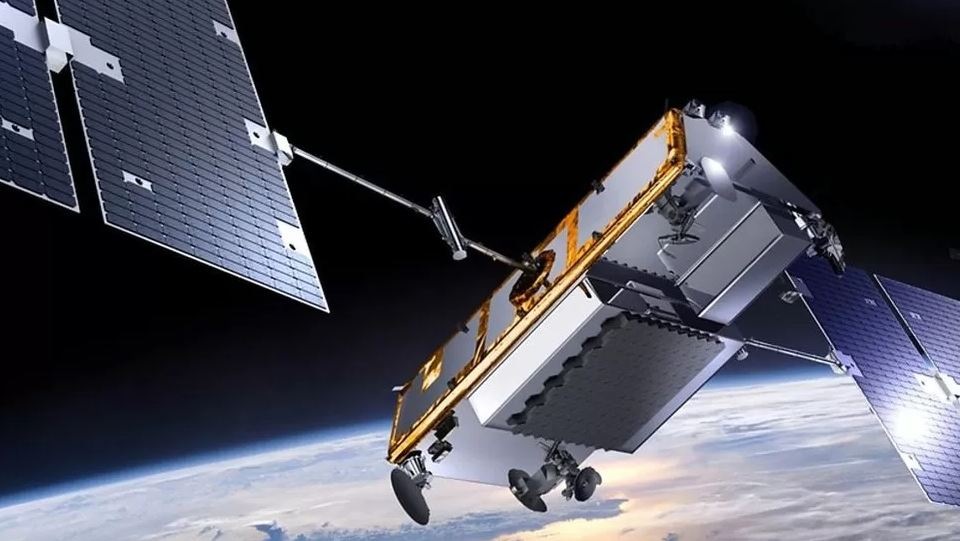Iridium, a company that specialises in satellite phones, and Qualcomm, a global leader in the semiconductor industry, have formed a new relationship that will provide satellite access to premium Android handsets later this year.
It implies that mobile phones may link with passing satellites to deliver and receive messages in areas where there is no mobile service.
A significant number of mobile devices that run Android have processors manufactured by Qualcomm.
In September 2022, Apple made the announcement that the iPhone 14 will have a satellite functionality.
At this time, the service is only able to be used to send and receive standard text messages in the event of an emergency.
Bullitt, a smartphone manufacturer based in the United Kingdom, beat Apple to the punch and was the first to introduce its own satellite service. It is also for use in an emergency, and when it is first rolled out, it will only be accessible in certain places.
The new agreement will make the same service available to millions of more smartphone users, without tying those users to a specific brand. However, it will be up to the manufacturer to allow the service for its customers.
Iridium was the first company to provide a satellite telephone service, and the company sent its first satellite into orbit in 1997. 2019 saw the end of a refurbishment project for the company’s network of 75 spacecraft.
Groups of satellites are able to interact with each other and transfer data back and forth in order to cover the whole planet while flying in low orbit around 485 miles (or 780 kilometres) above the surface of the Earth.
Qualcomm has said that the new technology, which will be known as Snapdragon Satellite when it is released, would initially only be put into its premium processors. As a result, it is very doubtful that it will emerge in inexpensive handsets.
But ultimately, it will be implemented on tablets, computers, and even cars. It will also become a service that is not limited to communication during times of emergency; however, it is possible that users will be required to pay a price in order to use this feature.
It is generally agreed that satellite connection will be the next step forward for mobile phones. This is due to the fact that it will solve the issue of “not-spots,” which are regions that do not have any current coverage. Locations that are more rural or distant often have a higher prevalence of this.
It is already being used to offer internet coverage by firms such as Elon Musk’s Starlink, where it has been effectively implemented.
Satellite internet is more costly than cable or fibre connections, but being much faster and typically more dependable.
Because several nations, like India and China, have outlawed the use of satellite phones, the functionality of this feature will be subject to the rules of the respective local governments.
